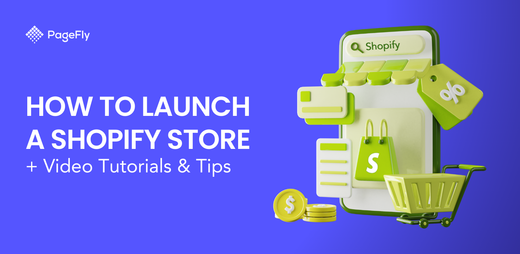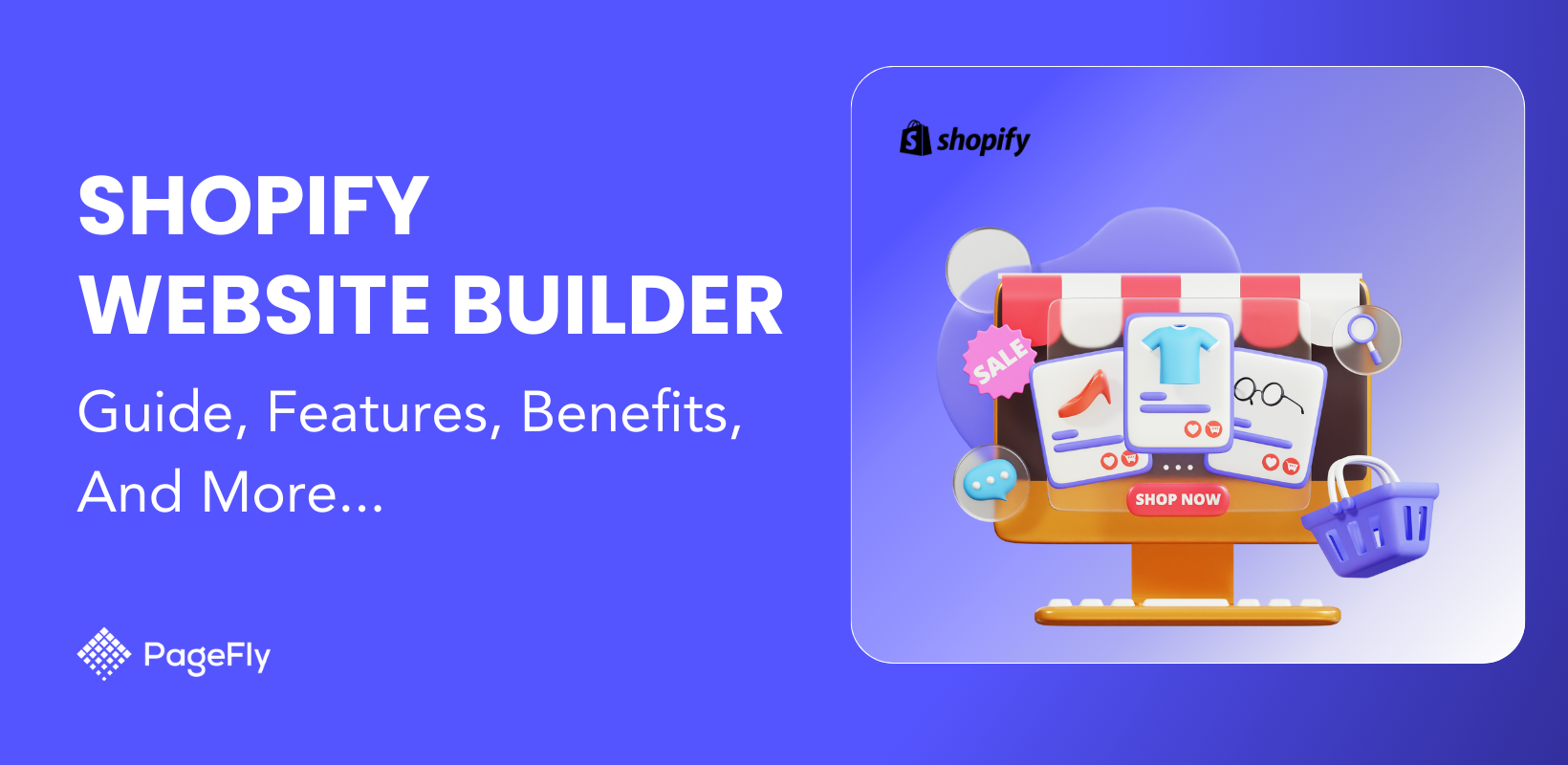Creating an online store is becoming easier than ever. Merchants can now create an online store within just a few clicks, without having any knowledge or training in coding or website development. There are a lot of such services; the 2 biggest in the business are Shopify and Ecwid.
So, what’s the difference between these 2 services? And which one should you use to build your online store? In this article we’ll take a look at the Ecwid vs Shopify debate, comparing important aspects like features, pricing, support and more. We’ll dive right into the pros and cons of Ecwid and Shopify to help you decide which would be the most suitable for your new e-commerce ventures.
💡We meticulously evaluate Shopify themes and apps based on our hands-on experience. Read more about our comprehensive review process and methodology.
I. What is Ecwid?
Edwid stands for Ecommerce Widget and was founded in 2009 to make it possible for users to sell on their existing website without hiring a developer or having prior coding knowledge.

Ecwid is an e-commerce platform that can create and build stores to sell online and in-person. It’s also a Software as a Service (SaaS), so you will have to pay a monthly fixed fee to keep your store online.
It can create an instant online store which has no need to be hosted. Not only that, but it can be used as a widget to make your existing website, social network page, or mobile app into an online store.
II. What is Shopify?
Shopify is also a SaaS, which can help you create an instant online store in just a few steps, just like Ecwid. But the difference is that the Shopify store will work like an independent website, which means it supports necessary features such as a blog, a drag and drop builder, the huge variety of apps on the Shopify App Store, themes and more. Since Ecwid will work like an integrated widget, the Instant site of Ecwid will be limited in the number of features like a widget.

III. Ecwid vs Shopify: Pricing
Ecwid has 4 plans: 1 free and 3 paid plans.
- Free: $0 per month.
- Venture: $15 per month
- Business: $35 per month
- Unlimited: $99 per month

The Free plan only offers some basic features and is very limited. You can only sell a maximum of 10 products and digital goods are not allowed in this plan. This plan can build an instant online store but cannot be integrated with any other platforms. You’ll also have to use the domain that Ecwid provides, which can affect your website's SEO performance. This plan should be suitable for small stores with a few products and merchants who only want to sell some products on their blogs and prior existing websites.
Venture is the cheapest option, at only $15 per month ($12.5 if paid annually). It allows you to build a more complicated store than in the free plan, with features like discount coupons, automated tax calculations and SEO tools. This plan also removes some limitations of the free plan by allowing the sale of more products (up to 100 and and digital goods) and the opening of integrated channels like Facebook Shop, Instagram Store, and mobile point of sale.
The Business plan will be the most suitable plan for most merchants. In addition to increasing the number of products to 2500, you'll get access to essential elements for an e-commerce site, such as product filters, product variations, order creation, dimensional shipping rates, and more. Phone support is included and if you plan to sell on Etsy, Amazon or eBay, they are also unlocked in this plan.
As its name suggests, the Unlimited plan provides you unlimited access to all of the Ecwid features and removes the limitations on the number of products. In addition to the business plan's benefits, the unlimited plan also has some exclusive features like priority support and 12 hours of free customization (annual plan only).
Shopify does not have any free plan; instead, it offers 5 paid plans which cost from $9 per month to $2000 per month, which are:
- Shopify Lite: $9 per month
- Basic Shopify: $29 per month
- Shopify: $79 per month
- Advanced Shopify: $299 per month
- Shopify Plus: $2000 per month

Although there is no free plan for Shopify, you can still try it out with Shopify's 14-day free trial.
Starting from $9 with Shopify Lite, this plan gives merchants the ability to convert blogs or existing websites into an e-commerce site, just like Ecwid. But it is the only feature that this plan offers, you are not allowed to make any instant sites or online stores.
You can only start your Shopify store from the Basic Shopify plan, which costs $29 per month. It is enough for you to build a complete store with an unlimited number of products. Upgrading to a more expensive plan will increase the number of staff accounts, store locations, and shipping discounts, as well as reduce the transaction rate.In the Shopify plan ($79 per month), you will have access to professional reports and manual foreign exchange rates. At a higher price ($299 per month) the Advanced Shopify plan boasts 2 more features, an advanced report builder and third-party calculated shipping rates; as well as all the benefits that other plans offer.
Shopify Plus, from $2000 per month, is the ultimate plan for any big merchants and businesses. This plan is designed to help business grow effectively, as it also gives access to exclusive apps like Shopify Flow, Launchpad or Shopify Pay. You can find everything you need to boost your company in this plan, but it’s only really for big enterprises.
IV. Ecwid vs Shopify: Features Review
Buy Button
Both Shopify and Ecwid not only allow users to build an online store, but they also give them the ability to add a ‘buy button’ to their existing web pages. They can turn your website or blog into a simple store with essential functions like ‘add to cart’ and a checkout.

With Ecwid, you can use this function with a free plan. Ecwid supports adding the buy button of your store to platforms like WordPress, Wix, Weebly, Squarespace, Joomla, Blogger, Tumblr, and more. However, to put the buy button on platforms like Facebook Shop or Instagram store, you will have to upgrade to a paid plan. With the free plan, you can only sell up to 10 products, but this number can still meet many small merchants' needs.
With Shopify, because there is no free plan, you will have to pay for a paid plan to use Shopify's buy button across other platforms. However, if you only want to use Shopify's buy button on your existing sites and there is no need for an online store, you can save money using the Shopify Lite plan. For just $9 per month, you can add buy buttons to your site in the same way you can on Ecwid. You can also have more features that Ecwid does not support in its free plan, such as selling on Facebook or selling physical items through mobile point-of-sale. You will also not be limited by any of Shopify's restrictions except creating a store, while the free plan of Ecwid is quite limited. To unlock functions like product filters, product variations, or creating orders, you'll have to pay for the business plan for $35 per month.

If you want to sell some simple products on your existing blog or website, Ecwid's free plan will be the best choice for you. However, if you’re looking to expand your business on Facebook or your product has many variations, opting for the Shopify Lite plan, which is only $9 per month, will be much more suitable than upgrading to the Business plan of Ecwid.
Payment Gateway
Ecwid supports more than 70 different payment gateways for merchants to choose from, including familiar names like Stripe, Square, PayPal, and 2Checkout. Alternatively, you can add payment gateways that are not in the Ecwid support list using the Ecwid Payment API. Ecwid won’t charge you any transaction fees, but the payment provider you choose can; please carefully read the terms and conditions.

Shopify supports more than 100 payment gateways in many different countries, with major payment gateways such as Paypal, Amazon Pay, Google Pay, Apple Pay, and more. Besides, you can accept payments in cryptocurrency through alternative payment gateways. Shopify also has its payment gateway, Shopify Payment, powered by Stripe, however, this payment gateway is limited to certain countries. Especially when using Shopify Payment or manual payment methods, you are not subject to transaction fees (in most countries). If you do not use Shopify Payment or manual payment methods, you will be charged transaction fees depending on the payment gateway you choose.
Product Limit
In this regard, Shopify completely dominates Ecwid, since there is no limit to the number of products across Shopify’s plans. Ecwid, unfortunately, has some strict limitations.

Product Options
The flexibility in product options is a significant advantage of Ecwid over Shopify. You can add unlimited variants of one product to the Ecwid store. Furthermore, Ecwid supports many product options with different functions and prices; they can be customized easily with Ecwid's easy-to-use UI. Ecwid also offers various input types such as drop-down lists and radio buttons, which can help you receive product requests or information from customers.

Back to Shopify: you will have a limit on the number of variants that can be added to each product, which is only 3. This number can satisfy many merchants; however, if your product has more variants than 3, you will have to find a new solution. You are also limited in the number of input types that Shopify offers. If you want to receive a product request from customers, such as a photo or a message that the customer wants to print on the product, it won't be possible with Shopify's default setup. You can still add these options using custom code or 3rd party applications. Still, in this field, Ecwid is much more convenient and more straightforward than Shopify.

Designs and Themes
Unlike other e-commerce platforms that offer various themes, Ecwid only has one free theme for all its plans, and they have a reason for it. The core function of Ecwid is a widget that can integrate with existing websites and blogs, turning them into an e-commerce store that has features like product pages, a checkout and more.

Ecwid won't work independently unless your intent is only to use the Instant Site. For that reason, making only one theme that can blend into the theme style will be better in most cases. Since it can be automatically adjusted following the integrated platforms' theme, Ecwid still supports editing themes with CSS customization.

Shopify is a winner in theme and customization. Shopify offers 9 free themes and 64 paid themes for merchants to choose from the Shopify Theme Store. Those themes are specially designed to match many collections and industries like clothing & fashion, jewelry & accessories, health & beauty, and so on. In contrast, Ecwid locks all the customization under the setting and options, allowing users to re-order and turn on or off sections. Shopify is more open to merchants since it supports the drag & drop builder, a tool that can give merchants more freedom in customization.
Applications and Stores
Both Ecwid and Shopify have an app store that supports users with new features and customization. Both app stores have various categories like store design, marketing, sales and conversion, orders and shipping, inventory management, customer support, trust and security, finances, productivity, reporting, dropshipping, analytics & rewards tools.

However, the Shopify App Store dominates the Ecwid App Market in its number of apps. It has more than 4200, while Ecwid only has a few hundred apps. Ecwid is just a widget, so most merchants will work with their existing websites' applications.

V. Ecwid vs Shopify: Support
You will not have to worry about the customer support of either of these two software service providers. Both Ecwid and Shopify want to help customers by providing support channels such as live chat, phone, email support, guides, and more.
However, while Shopify does provide this support for all of its plans, Ecwid will require users to upgrade to higher-cost plans to unlock more support services. Live chat will only be available to merchants paying for the Venture plan or higher; to have the phone support, you will need to use Business plans. When you use the unlimited plan, the most generous plan of Ecwid, you will be placed in top priority when looking for support.
For customers on the Shopify Plus plan, it’s possible to get help and support from Shopify Experts. This plan is a unique treatment which Shopify offers to their VIP customers.
VI. Which is Better? Ecwid or Shopify?
The answer to this is that it depends on the intent of the merchant. With the advantage of customization and having many more features than Ecwid, Shopify can be the right choice for merchants building a website for the first time from scratch or the existing sites that have features that Ecwid is missing. It also gives you the ability to create a complete online store website with the necessary functions of a blog, landing page, theme, and more.
In contrast, if you already have a blog or website and are looking for an integration solution, Ecwid would be a better choice. Ecwid does not contain many of the features that Shopify do, assuming that those features are already on the merchant’s existing website. For that reason, Ecwid is a more suitable choice if you are going to add a store to your current site if it already has enough customization.
VII. Migrate from Ecwid to Shopify
If you are not satisfied with Ecwid or want to build a real online store, not just a widget, switching to Shopify should be a reasonable choice. To do that, you may need help from a third-party app. Using a migration app from the Shopify App Store can help you migrate an Ecwid store into a Shopify store in just a few steps.
The information you may need about your Ecwid store is your Ecwid store URL and the personal collection URL. With a Shopify store, the necessary information is the Shopify store URL, the API key and password. When you gather all of the data, the last thing you need is a migration application.
Here is a list of some third-party migration apps available on the Shopify App Store:
LitExtension Store MigrationCart2Cart Store Migration AppNext‑Cart Store Migration
Conclusion
So we’ve had a look at the difference between Shopify and Ecwid; lets sum up what we have learned so far:
Shopify is a platform that takes care of everything that a beginner may not know when it comes to setting up a website, SEO optimization, attractive design, finding supportive companies that support their online business from dropshipping to print on demand. All of those factors relating to all e-commerce industries are covered with Shopify's supportive app store.
Ecwid, on the other hand, is a bit harder to use as it requires people to have specific knowledge of e-commerce already, from setting up websites to designing it. However, it has its perks. It is better when you already have a website and want to add the online store feature. It will work like an add-on or an app on your existing site. We can see that Shopify has many advantages over Ecwid as an Instant site, but the integrated site or blog you have can add even more functions than Shopify does.
All in all, both platforms are for different segments of customers; if you are new to e-commerce, then Shopify is a great place to start and grow new experiences. When you have accumulated enough experience, moving to a new platform will become a much easier task—or just stick with Shopify as it is already a great place to do e-commerce. More than a million merchants are already selling something on this platform, which in turn builds a strong community to help each other whenever you have trouble using the platform.




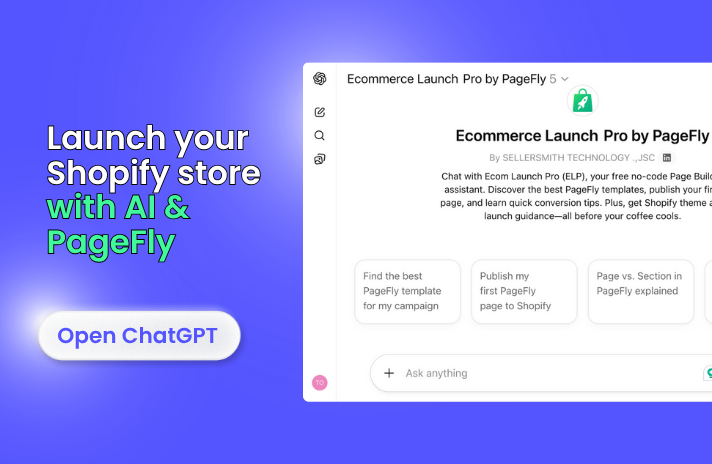
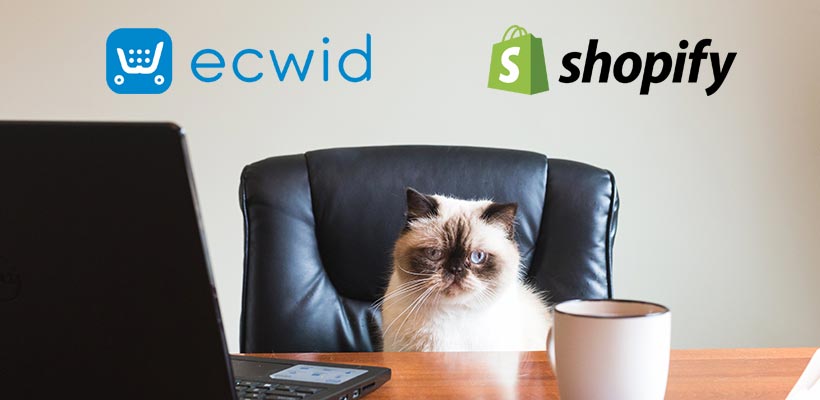

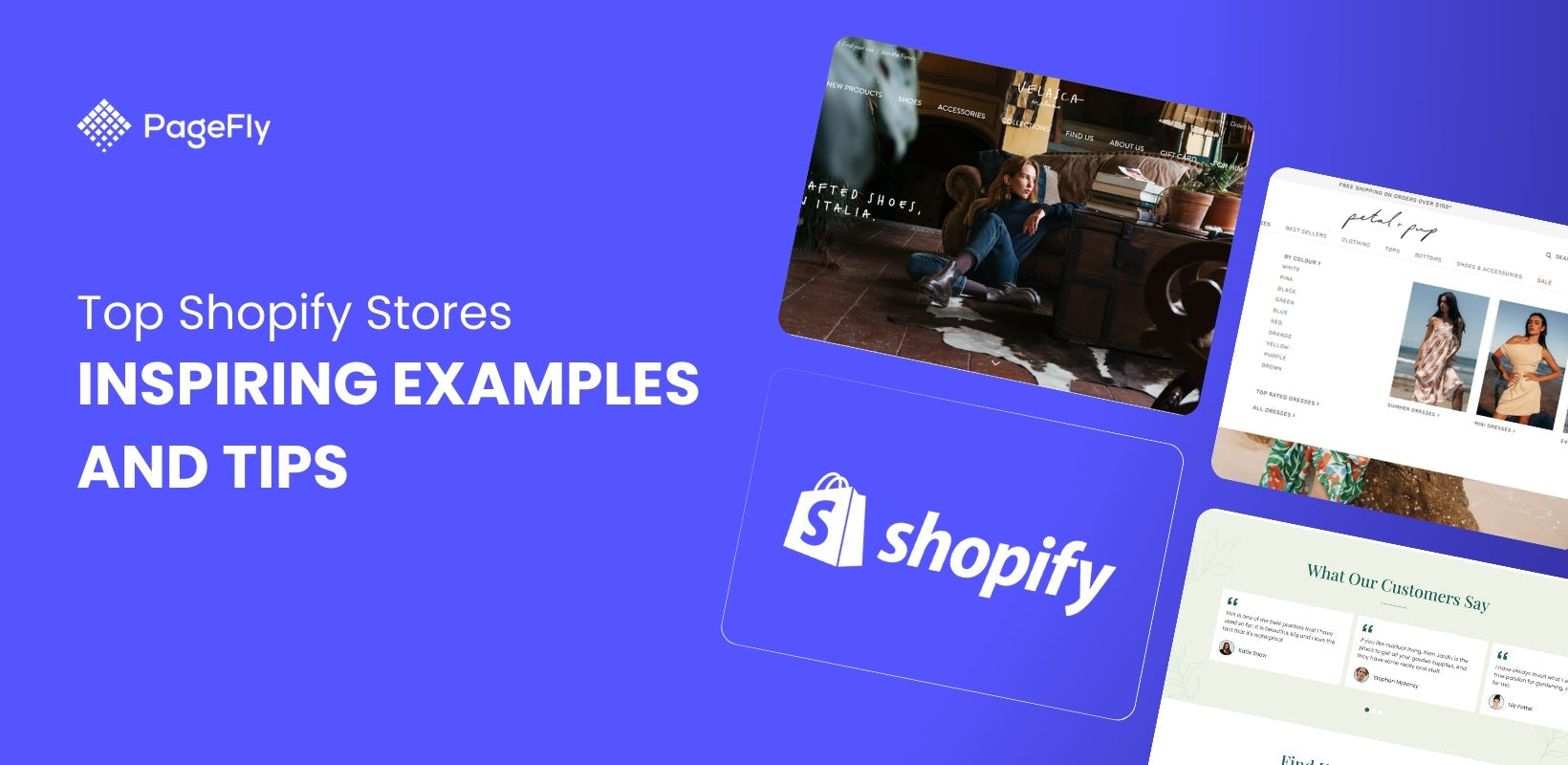
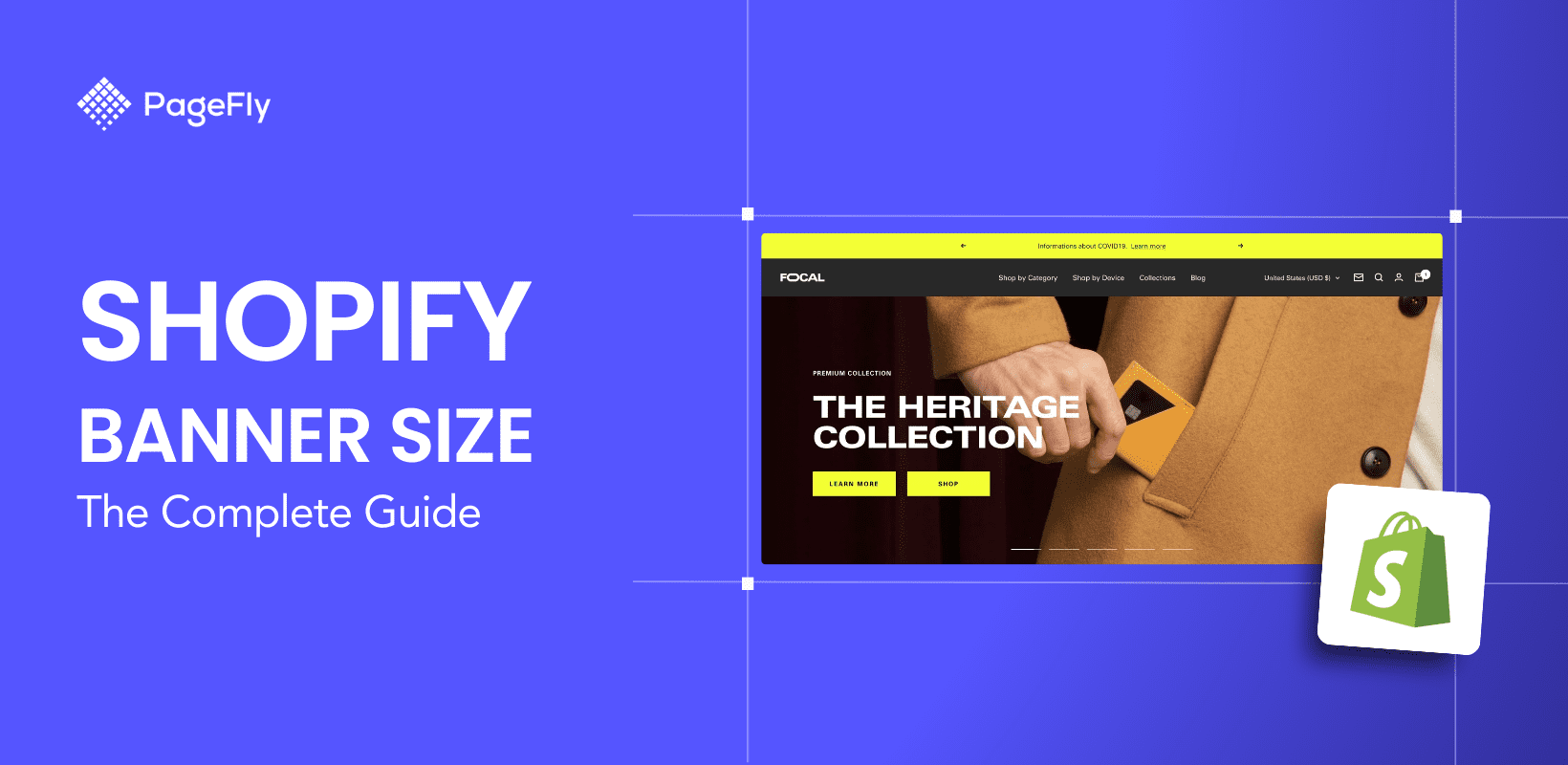
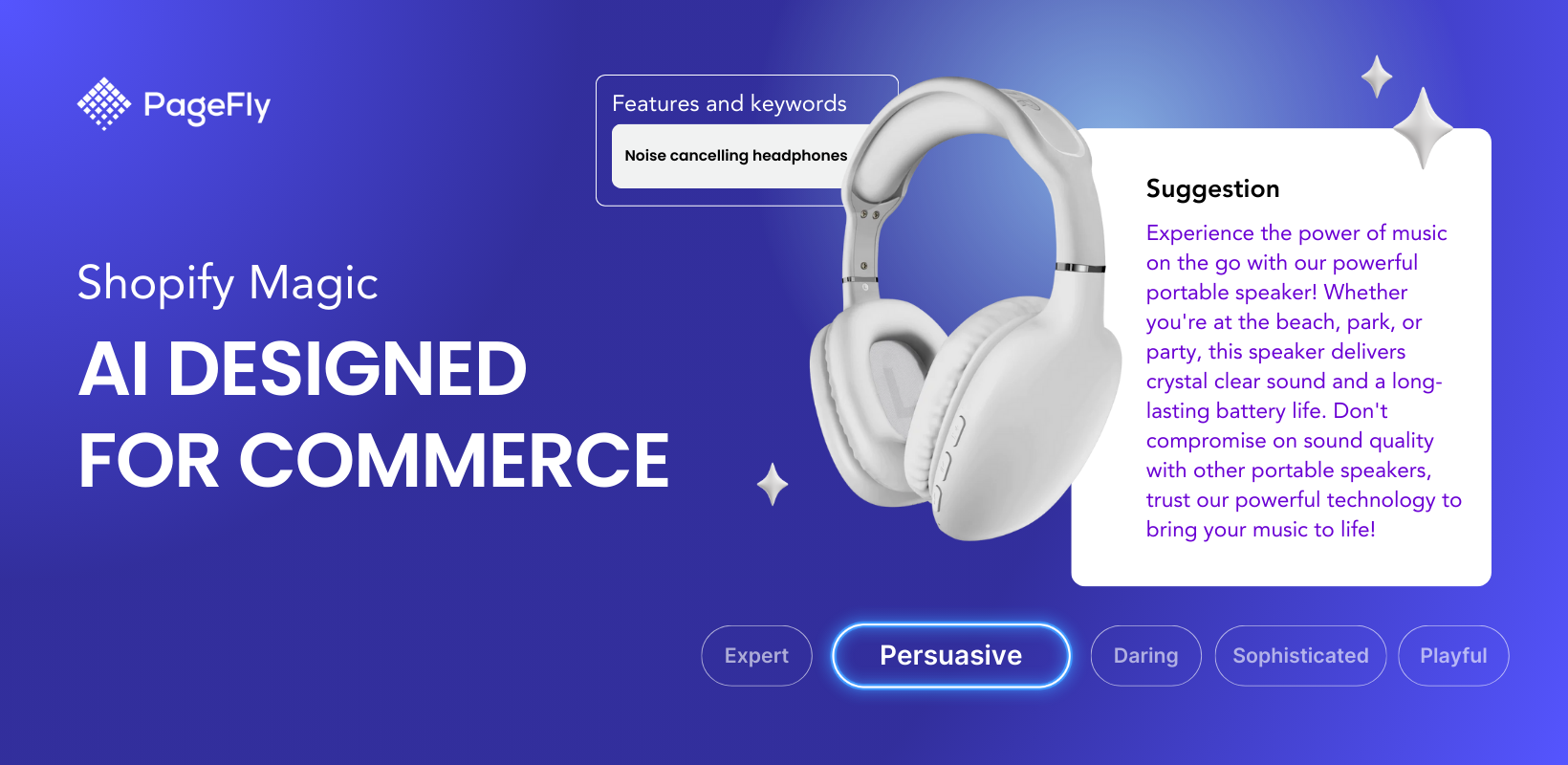
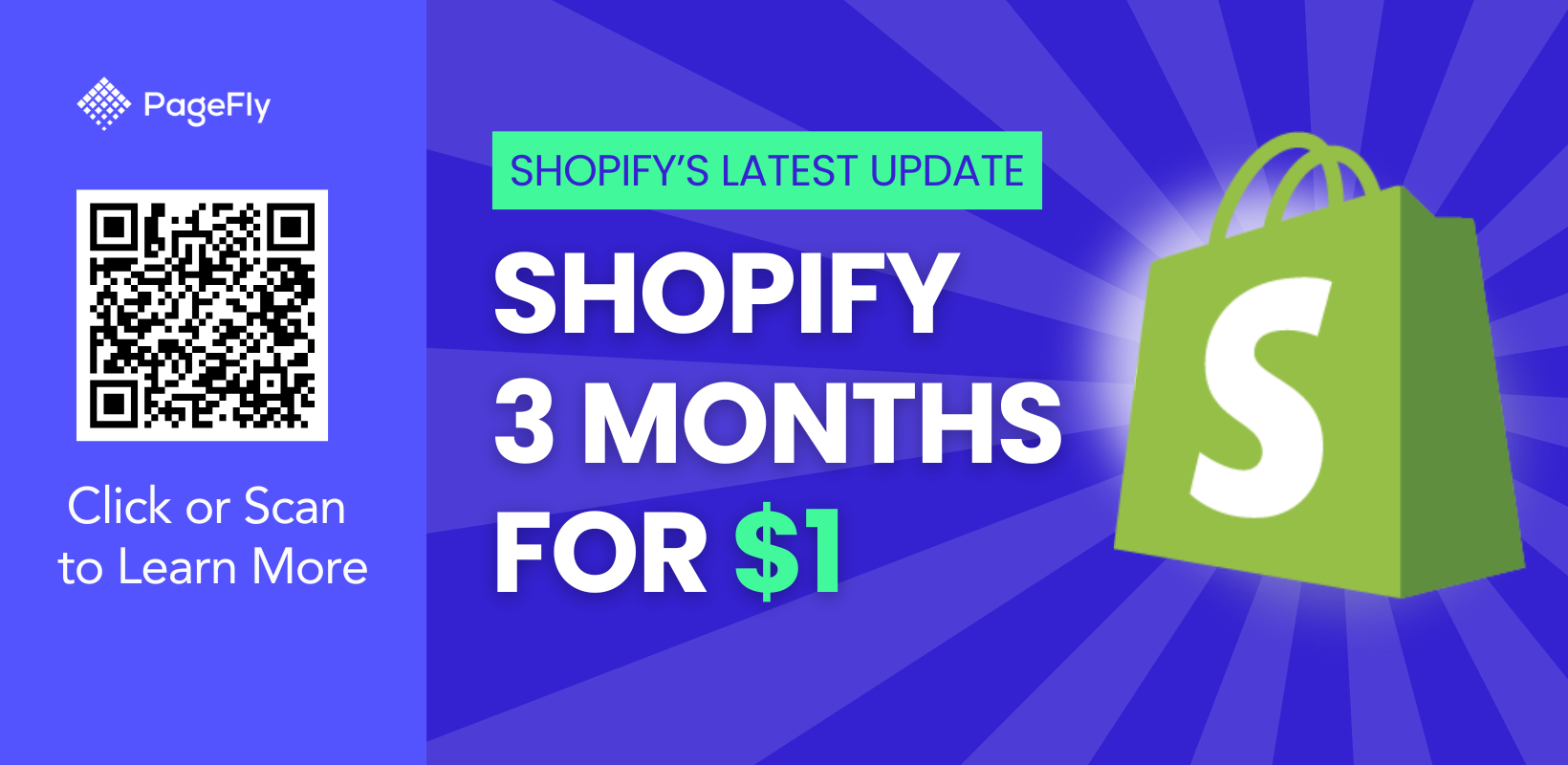
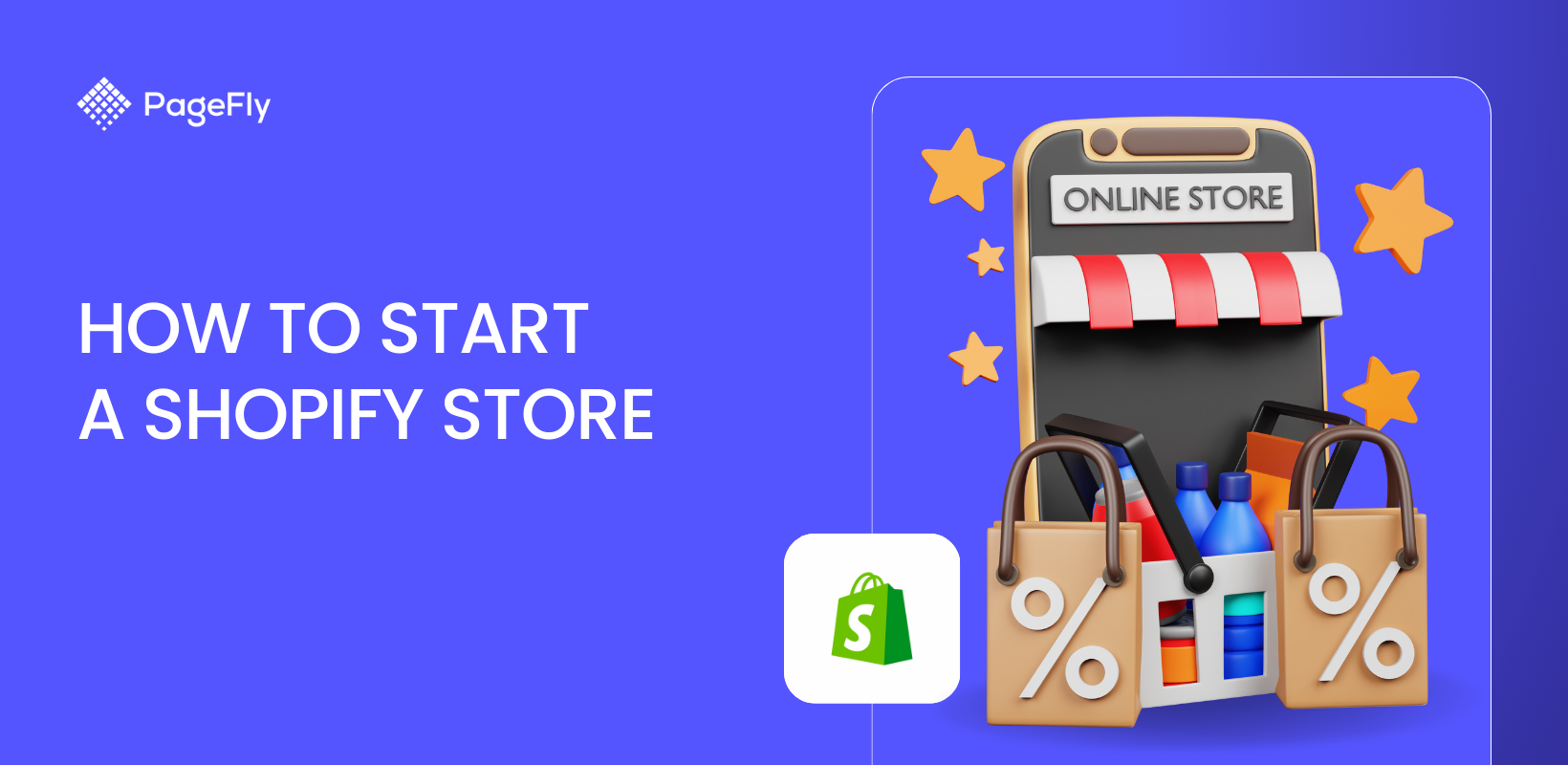
![27 Best Shopify General Stores + Complete Strategy Guide [2025]](http://pagefly.io/cdn/shop/articles/Best_Shopify_General_Stores_2f9d09f2-7c38-4da9-a495-e9f4898ddd68.jpg?v=1757271936&width=1640)
